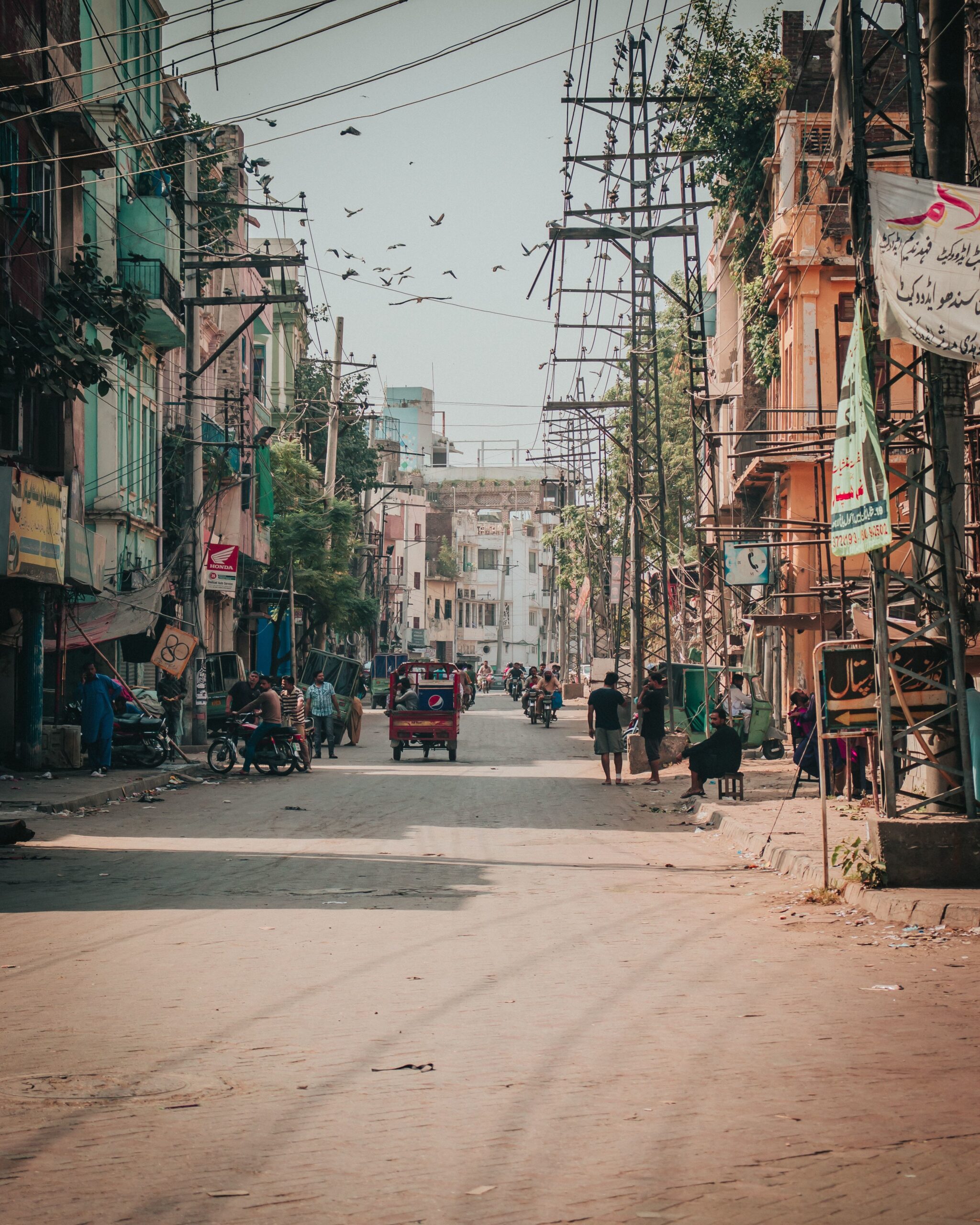A Christian man was brutally beaten, and his house and shoe factory were set ablaze by an enraged mob in Pakistan’s Sargodha city over allegations of blasphemy against Islam’s holy book, the Quran. While social media reports alleged that the man was lynched, the police have denied any loss of life.
The incident unfolded on the morning of Saturday, May 25 when an angry crowd, including children, surrounded the home of Nazir Masih, a respected Christian businessman, in Mujahid Colony. They accused Masih and his son, Sultan, of desecrating the Quran, fuelling widespread outrage and a desire for revenge among the Muslim residents.
Shocking videos circulating on social media captured the horrific scenes as the charged mob attempted to drag Masih out of his house, with the intention of burning him alive. Despite the presence of police officials, the religiously motivated crowd brutally assaulted Masih, leaving him unconscious and in critical condition.
As reported by the British Asian Christian Association (BACA), the mob set many houses on fire and commercial buildings in the area highlighting the extent of the violence unleashed upon the Christian community. Burnt pages of religious books were reportedly found at the site, which further intensified the protests and violence.
As the situation escalated, additional police forces and army personnel were deployed to restore order and protect the lives and properties of Christians in the area. However, reports suggest that the mob vandalised an ambulance intended to transport the severely injured Masih to the hospital, reflecting the depth of their anger and disregard for human life.
Juliet Chowdhry, a representative of the British Asian Christian Association, praised the prompt actions of local police, stating, “Police intervened promptly, managing to rescue a Christian family and relocate them to safety before any tragic incident could occur.”
She further emphasised the need for stronger laws to safeguard Christians from attacks associated with Pakistan’s blasphemy laws, which must be abrogated. “It is crucial for law enforcement and human rights organisations to work together to protect vulnerable communities and ensure that justice is served promptly and fairly,” Chowdhry urged.
The incident has drawn widespread condemnation from human rights organisations, including the Human Rights Commission of Pakistan (HRCP), which expressed serious concern over the unfolding situation in Sargodha. The HRCP urged authorities to “immediately restore calm and bring the perpetrators to justice while ensuring the Christian community’s safety.”
Minority Rights March, another advocacy group, accused the Punjab government and police of “failing to learn from the Jaranwala attack last year and taking any concrete measures to curtail the growing radicalism.” They demanded an “expeditious inquiry and action through a judicial commission” against not only the mob but also the police officials who allegedly failed to take pre-emptive measures.
This latest attack on Christians in Sargodha is reminiscent of a similar incident in Jaranwala last August, where a mob rampaged through a predominantly Christian neighbourhood, torching around 26 churches and 250 homes, and threatening the lives of the residents. Over 100 people were arrested for the mob violence in Jaranwala.
As tensions remain high in Sargodha, police teams have been deployed to Christian towns to safeguard churches, schools, and protect residents from further harm. Many Christians have sought refuge in churches under police protection, while others have fled to the homes of distant relatives to escape the volatile situation.
The incident once again highlights the precarious condition of religious minorities in Pakistan, where blasphemy laws are among the strictest in the world and carry severe punishments, including the death penalty. Christians, Hindus, Sikhs, and Ahmadis are disproportionately accused and convicted under these controversial laws, which have profound implications for their safety and well-being.
Human rights lawyer and politician Jibran Nasir condemned the “failure of the State to take any serious and sincere action against perpetrators of the Jaranwala incident,” stating that it “has only emboldened those who exploit religious sentiments for their criminal acts.”
The situation in Sargodha remains tense as authorities struggle to maintain law and order and protect the vulnerable Christian community from further violence and reprisals.

